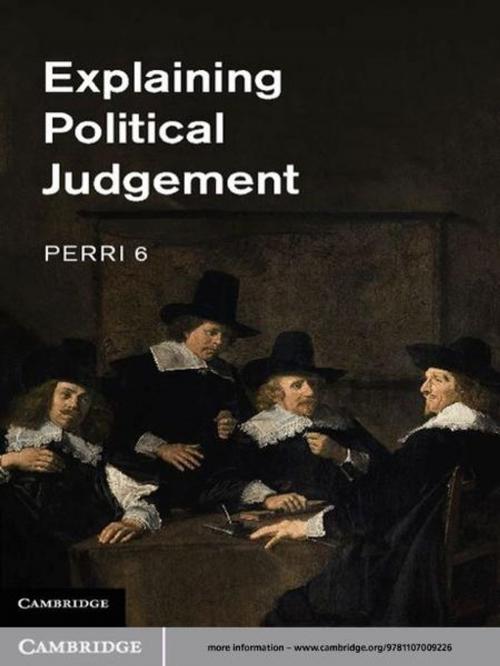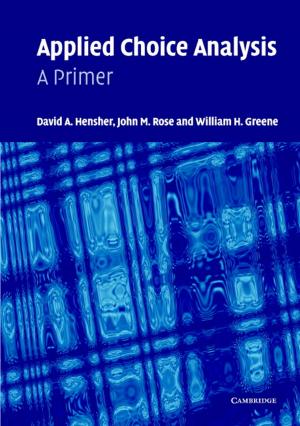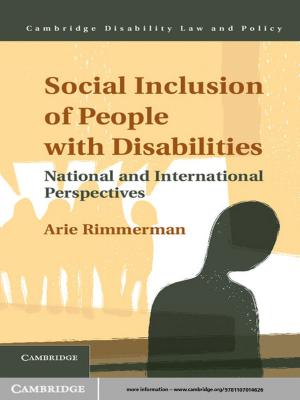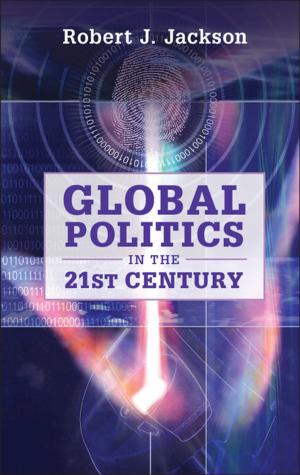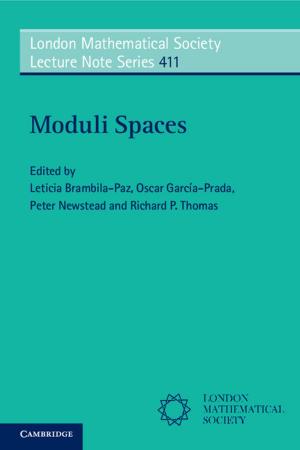Explaining Political Judgement
Nonfiction, Social & Cultural Studies, Political Science, International, International Relations, Social Science| Author: | Professor Perri 6 | ISBN: | 9781139152952 |
| Publisher: | Cambridge University Press | Publication: | September 22, 2011 |
| Imprint: | Cambridge University Press | Language: | English |
| Author: | Professor Perri 6 |
| ISBN: | 9781139152952 |
| Publisher: | Cambridge University Press |
| Publication: | September 22, 2011 |
| Imprint: | Cambridge University Press |
| Language: | English |
What is political judgement? Why do politicians exhibit such contrasting thought styles in making decisions, even when they agree ideologically? What happens when governments with contrasting thought styles have to deal with each other? In this book Perri 6 presents a fresh, rigorous explanatory theory of judgement, its varieties and its consequences, drawing upon Durkheim and Douglas. He argues that policy makers will understand - and misunderstand - their problems and choices in ways that reproduce their own social organisation. This theory is developed by using the Cuban Missile Crisis of 1962 as an extended case study, examining the decision-making of the Kennedy, Castro and Khrushchev regimes. Explaining Political Judgement is the first comprehensive study to show what a neo-Durkheimian institutional approach can offer to political science and to the social sciences generally.
What is political judgement? Why do politicians exhibit such contrasting thought styles in making decisions, even when they agree ideologically? What happens when governments with contrasting thought styles have to deal with each other? In this book Perri 6 presents a fresh, rigorous explanatory theory of judgement, its varieties and its consequences, drawing upon Durkheim and Douglas. He argues that policy makers will understand - and misunderstand - their problems and choices in ways that reproduce their own social organisation. This theory is developed by using the Cuban Missile Crisis of 1962 as an extended case study, examining the decision-making of the Kennedy, Castro and Khrushchev regimes. Explaining Political Judgement is the first comprehensive study to show what a neo-Durkheimian institutional approach can offer to political science and to the social sciences generally.
